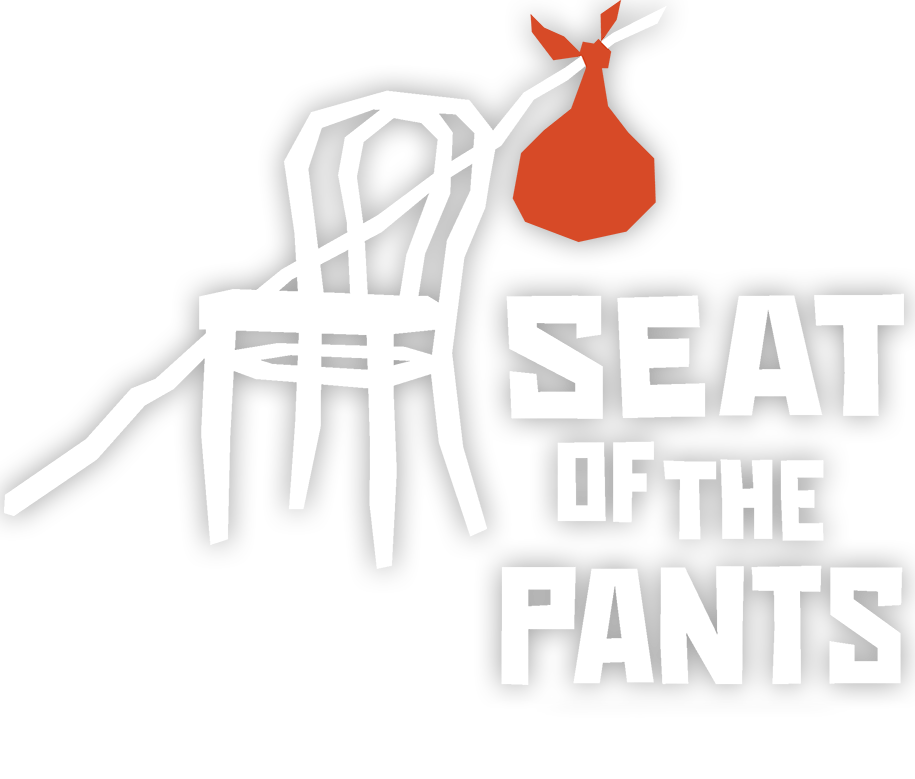MONSTER MASH-UP: BENJAMIN GREGG
How do you play a character who comes across as a monster on the page? How do you ensure that this character is human and not some kind of caricature? Can we understand why this monster does what he does? How exactly did this person come to be the person that they are?
This is probably a challenge for any actor that’s charged with playing what would easily be identifiable as the antagonist in any production. However, in the case of Our Country’s Good, it could be argued that Major Robbie Ross is THE antagonist of the play, especially considering his level of antipathy and cruelty to the convicts.
These are some of the questions that I have regarding Ross, questions that I don’t have an answer to at this juncture, but questions that have arisen throughout the exploratory part of our rehearsal process thus far. To be honest, I’ve never played a character with the authority and the penchant for dealing out punishment quite like Ross. That’s an exciting proposition in and of itself, but also a little terrifying. In preparation for any role, there’s a danger for actors to seek out other productions or depictions of plays that they’re in, but in this instance my curiosity surrounding the BBC television show Banished got the better of me. Banished features many of the same characters and themes that are presented in Our Country’s Good and when I discovered that Ross (and Ketch, the other character that I’m portraying in the play) were featured in the series I had to have a look. Luckily enough, the casting and the depiction of Ross were relatively conventional – tall, dark, and handsome. The actor playing him does a fine job, but the character is written in a more restrained and less ferocious way.
Considering I’m neither tall nor exhibit some of the other attributes as the actor in Banished, what could my way be into the mindset or physicality of this character? What if Ross had a bit of a Napoleon’s complex to his outlook on the world? How does someone of Ross’s stature rise to the level of rank and power that he’s accumulated over his lifetime? What does it mean that Ross has the ranking that he does and yet, was ultimately ordered to oversee the transportation of this convict ship to Australia? What mannerisms would Ross’s physicality and speech undergo in order to compensate for his lack of height and physical presence? The application of the Michael Chekhov technique throughout our rehearsal process has been so beneficial in exploring these questions in a less academic and therefore, more direct physical manifestation of the character. Techniques like Imaginary Centres have already proved useful in determining what area of the body that Ross gets his power from. Again, I still don’t have answers to many of the questions that have sprung forth from the rehearsal process so far, but I am excited to continue to play with who Ross is and how he came to be.

